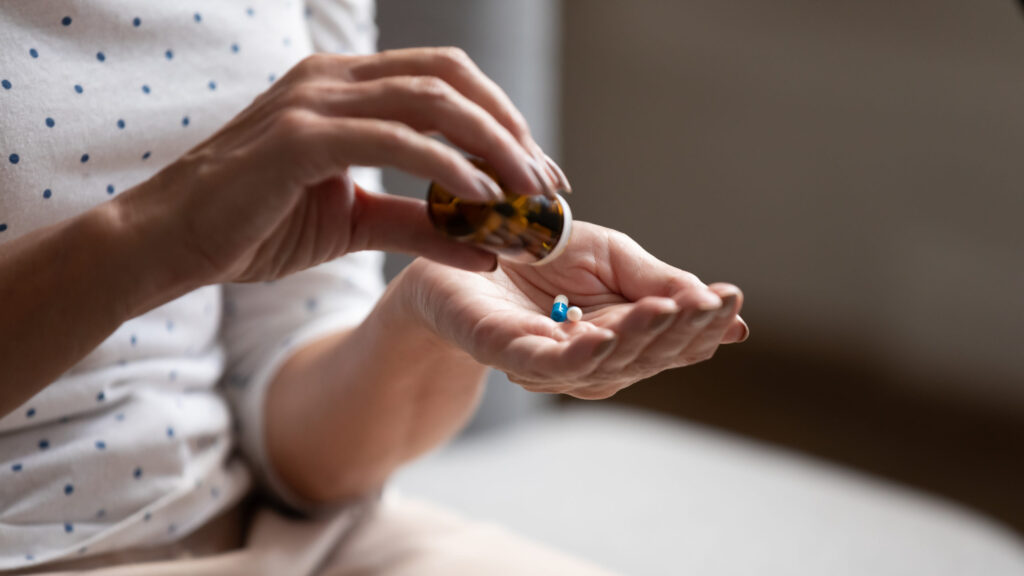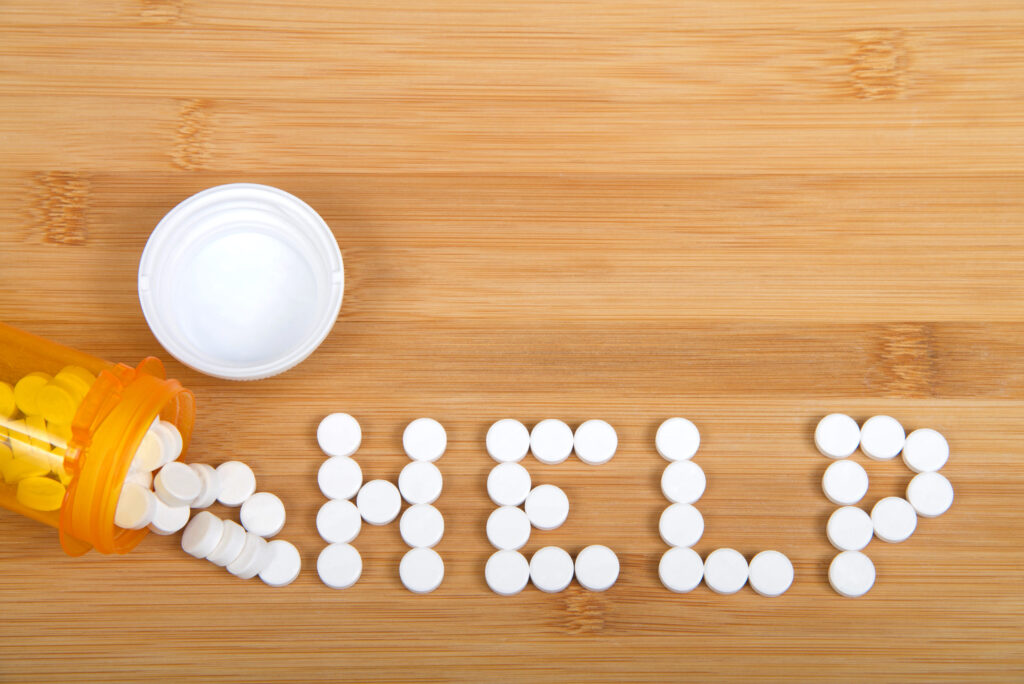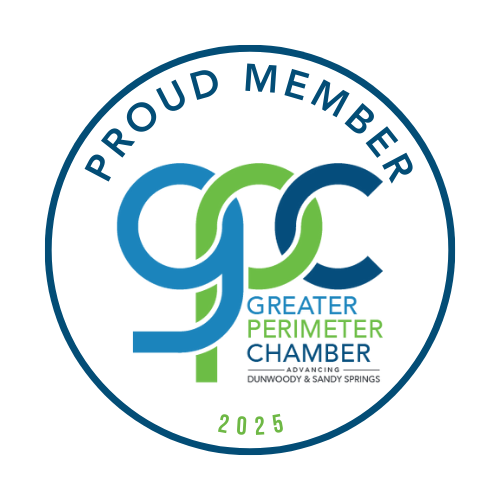Are There Painkiller Addiction Treatment Centers?

Painkillers are often prescribed by doctors to increase the patient comfort levels. While they are effective in serving their purpose, they are also highly addictive. When an addiction forms, it can greatly reduce the quality of life making people worse off than they were when dealing with their original health condition. Fortunately, there are painkiller […]
What Is Chemical Dependency Treatment?

Chemical dependency is another name for drug addiction. It occurs when your body becomes dependent on the chemicals in the drugs. Over time, the user will start to need the drugs in their system just to feel normal. They will need to take more of the drugs to feel high. It is not easy to […]
How To Find Quality Opiate Addiction Support

Opiate addiction is a real problem in America. This may be due the drug’s easy accessibility. Many types of opiates are prescribed to treat pain. But according to Drugabuse.gov, 21 to 29% of patients who are prescribed opioids misuse them. 8 to 12% of these people develop an opioid use disorder. Opioids are highly addictive, […]
Is Rehab Expensive?

There are many reasons people may be reluctant to get the help they need to fight addiction and money may be the biggest factor. Rehabs are expensive and a lot of people simply can’t afford them. However, there are ways to make recovery more affordable. This article will answer the question ‘is rehab expensive’ and […]
Are OCD and Drug Addiction Related?

When you are dealing with mental health issues, it is usually best to talk to a mental health professional – but many people do not go this route. They may feel their problem is not that bad. They may think they will not be able to afford therapy. They may be afraid to come forward […]
The Link Between PTSD and Addiction

Many people experience traumatic events at some point in their lives, and most eventually overcome any associated agitation, anxiety, depression or other stress-related behaviors. For these people, the symptoms fade over time, but for some, reactions to trauma can linger, disrupting their lives or the lives of those who care about them. These reactions can […]
Are There Mental Health Facilities in Atlanta? | Atlanta Recovery Place

Addiction is a disease that greatly reduces quality of life, and mental health issues are often behind that. Fortunately, there are treatments available. These include inpatient treatments, outpatient treatments and partial hospitalization. There are many mental health centers throughout the country, and you can bet you will find a few in a metropolitan city like […]
Is Clinical Depression Hereditary?

Clinical depression is the most common form of depression. Also known as major depressive disorder, it is estimated to affect 10% of Americans at some point in their lives. It is characterized by changes in mood and behavior, feelings of sadness and an inability to enjoy the things you love. Scientists have spent years studying […]
Why You Should Pursue a PHP Recovery Program

Outpatient programming is an option for those who wish to remain at home during their substance abuse treatment rather than living on campus 24/7. Outpatient treatment enables those who desire the flexibility to continue their commitment to work, school and/or home to continue fulfilling obligations while receiving treatment. What Is a PHP Recovery Program? A […]
Let Atlanta Recovery Place Be Your Georgia Rehabilitation Center

The first step toward recovery from addiction is acknowledging any personal struggle with substance dependence. The next step is finding a Georgia rehabilitation center that is suited to help one break free from the disease of addiction, restoring their overall well-being. What Is a Georgia Rehabilitation Center? A Georgia rehabilitation center is a facility that […]






